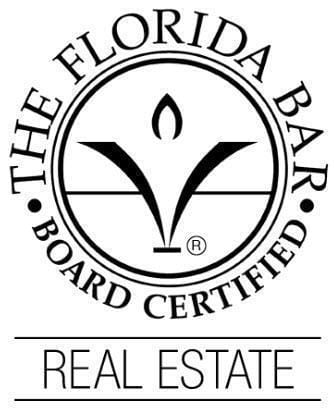If you plan to lease commercial real estate for your business, you may become familiar with a co-leasing clause. This provision occurs frequently in contracts that lease retail space in places like malls or shopping centers. This kind of lease can be important if the financial health of your retail location depends upon the operation of other retailers nearby.
The Motley Fool provides some background into co-leasing clauses. This information may help you to understand why some entrepreneurs use these clauses and why they may even save your business from an unprofitable location.
The use of a co-leasing clause
Your leasing agreement may not allow you to break it before a certain period of time. Otherwise, you risk penalties. However, if a major store in a mall you lease in goes out of business, it could reduce mall traffic and leave your location with fewer customers. If another major store does not move in, you might lose money by staying at the current location.
A co-leasing clause offers you some protection. It allows you to reduce your rent payments in the event one or more major tenants depart their retail spaces. Your clause can also allow you to exit the agreement early without penalty.
Types of co-leasing clauses
Not all co-leasing clauses are alike. They come in different types to address various situations. With a pre-leasing clause, you can cancel your agreement if the retail location has not signed up enough businesses by a certain date. If you sign an opening date clause, you can break your agreement if not enough other stores have opened their doors by a specific date.
Many business owners use an occupancy co-leasing clause. This would allow you to adjust your rental obligations under certain conditions. A major store may vacate a rental space or the clause may kick in if the occupancy level drops below a specific threshold.
Negotiate a co-lease clause with caution
Be sure that any clause you put into a contract defines a co-leasing failure. If the clause allows a landlord time to find a replacement tenant, the clause should define the suitability of the tenant so the landlord does not fill the space with just any tenant. Your clause should also address rent abatement if a co-leasing failure happens. A co-lease clause may not be of help if the terms remain unclear, so be sure your agreement clearly defines when you may exit a lease if you feel it is necessary.




